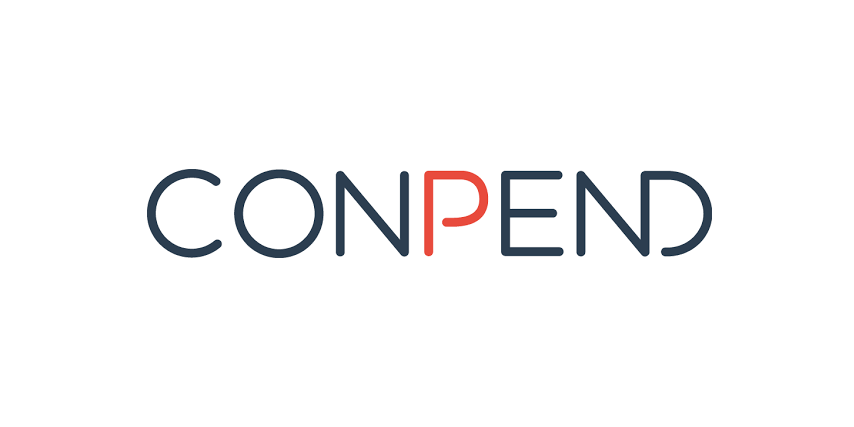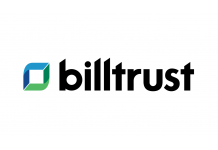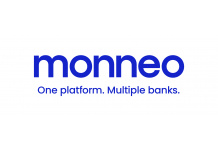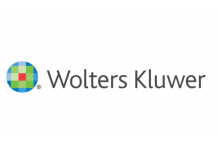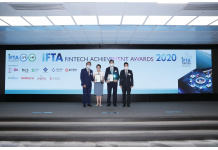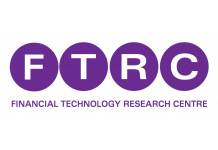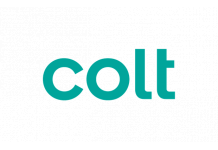Billtrust Honoured with Silver Stevie Award® for...
- 16.05.2023 11:40 am
4/02 – Weekly Fintech Recap
- 04.02.2022 12:08 pm
14/01 Weekly FinTech Recap – What’s the Hottest?
- 14.01.2022 08:00 am
Monneo Launches Multi Currency IBAN Accounts
- 13.01.2022 11:20 am
Wolters Kluwer Publishes LegalVIEW Insights Report,...
- 09.12.2021 12:30 pm
Westerra Credit Union Partners with Backbase to Offer...
- 19.10.2021 12:30 pm
IFTA Fintech Achievement Awards 2020 Winners...
- 19.08.2021 02:45 pm
Leading Tech Analyst Ian McKenna Comments on the Bid...
- 29.07.2021 05:20 pm
Copper.co Brings Staking Support to the Oasis ROSE...
- 29.07.2021 04:20 pm
Colt Certified for MEF 3.0 SD-WAN Services
- 29.07.2021 03:40 pm
Red Hat and Nutanix Announce Strategic Partnership to...
- 29.07.2021 03:00 pm
IE Hub Launch Network Connecting Customers With...
- 28.07.2021 04:00 pm

